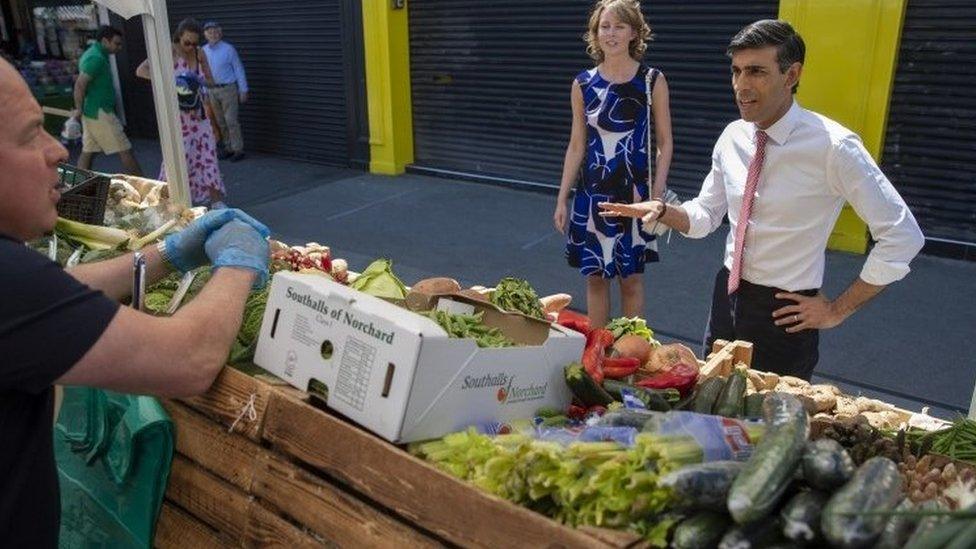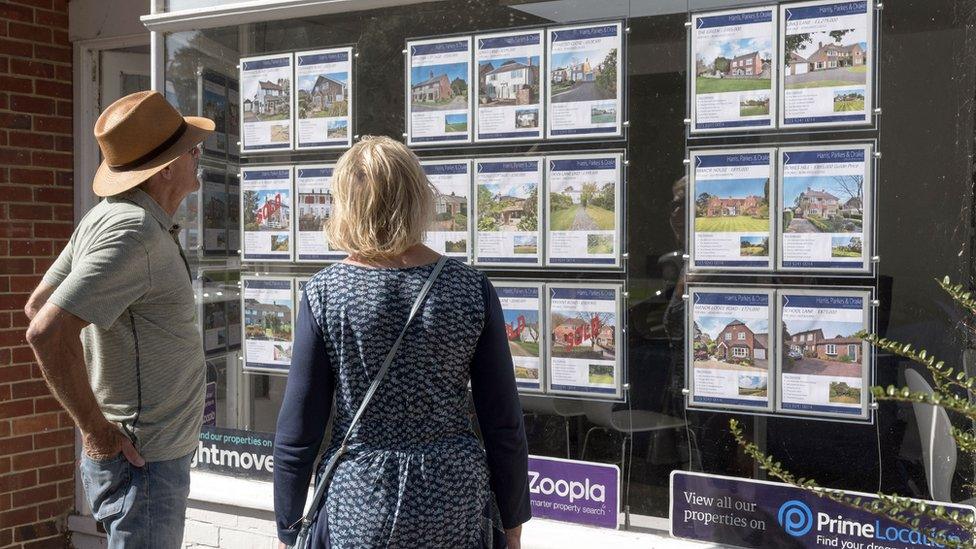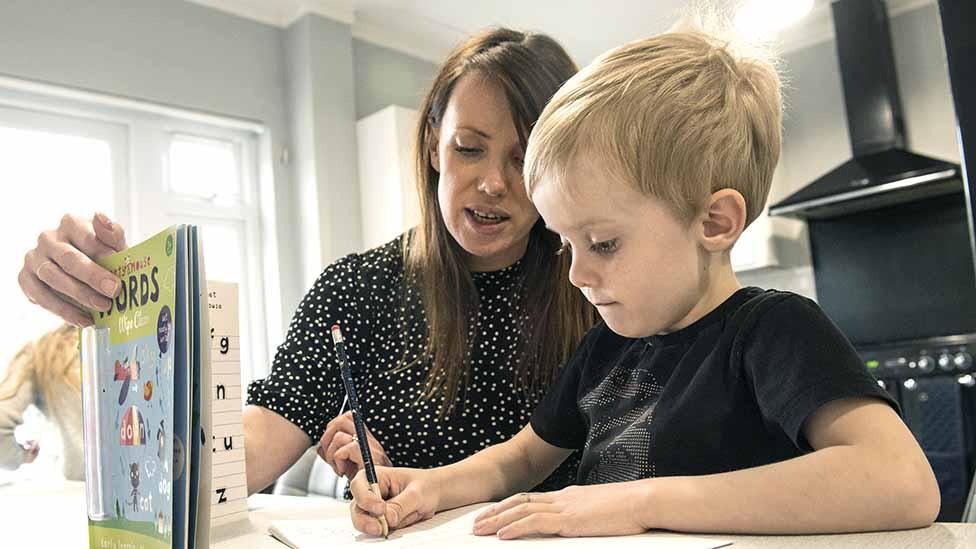Coronavirus: Jobs scheme, airborne transmission and cricket's return
- Published
Here are five things you need to know about the coronavirus outbreak this Wednesday morning. We'll have another update for you at 18:00 BST.
1. Sunak's statement
A £2bn temporary jobs scheme for the under 25s will be unveiled by the chancellor later. The "kickstart scheme" will subsidise six-month work placements for an estimated 350,000 people. The government will cover the cost of the National Minimum Wage and employers will be able to top it up. Applications will open in August, with the first jobs expected to start in the autumn. We'll hear from the chancellor in the Commons at lunchtime - here's what a selection of young people are hoping for.


2. Stamp duty and surprises
The chancellor is also expected to announce a temporary stamp duty holiday - here we explain the policy in detail. It's likely he has at least one other headline-grabbing move up his sleeve, potentially a temporary VAT cut for the beleaguered hospitality sector. BBC political editor Laura Kuenssberg says this government likes to talk about shaking things up, but we'll see later just how radical it's willing to be. And will all of these measures to deal with coronavirus mean we all end up paying more tax?


3. Home-schooling 'hell'
Campaigners say home-schooling has taken a toll on both parents and children, and it's "not sustainable, fair or workable" to assume a similar situation could continue in the event of future lockdowns. Parents responded to a survey from group Sept for Schools asking for their experiences with stories of stress, guilt and strained relationships.
The government says all pupils in England will be back in school in September. Schools in Scotland and Northern Ireland are aiming for a full return for all pupils when the new term begins. In Wales, ministers have said blended learning - a mix of home and classroom learning - would be likely for some time to come, but more detail is expected in the coming days.


4. Airborne transmission
For months, the World Health Organization has insisted Covid-19 is transmitted via droplets emitted when people cough or sneeze and that they do not linger in the air. However, the organisation has now accepted there's emerging evidence it can be spread by tiny particles suspended in the air after people talk or breathe out - especially in crowded, closed or poorly ventilated settings. It could potentially strengthen calls for the widespread wearing of masks, and there are also warnings that discarded PPE could be damaging our oceans.
Coronavirus: 'The masks you throw away could end up killing a whale'

5. Cricket is back
The first International cricket match to take place anywhere in the world for 128 days is due to get under way at the Ageas Bowl in Southampton later. It'll be played behind closed doors in a bio-secure environment with crowd-noise pumped in for atmosphere. Stand-in captain Ben Stokes said the team understood it was an important moment for fans across the country.
Let's just not talk about the rain...
What will an England Test match look like?

And don't forget...
You can find more information, advice and guides on our coronavirus page and get all the latest in our live page.
Plus, can you become reinfected with coronavirus if you've already had it? BBC health reporter Rachel Schraer looks at what we know so far about immunity and Covid-19.


What questions do you have about coronavirus?
In some cases, your question will be published, displaying your name, age and location as you provide it, unless you state otherwise. Your contact details will never be published. Please ensure you have read our terms & conditions and privacy policy.
Use this form to ask your question:
If you are reading this page and can't see the form you will need to visit the mobile version of the BBC website to submit your question or send them via email to YourQuestions@bbc.co.uk, external. Please include your name, age and location with any question you send in.

HOSPITAL SPECIAL: The human stories behind the headlines
JESSE LINGARD'S HOME WORKOUT: Can you keep up?
